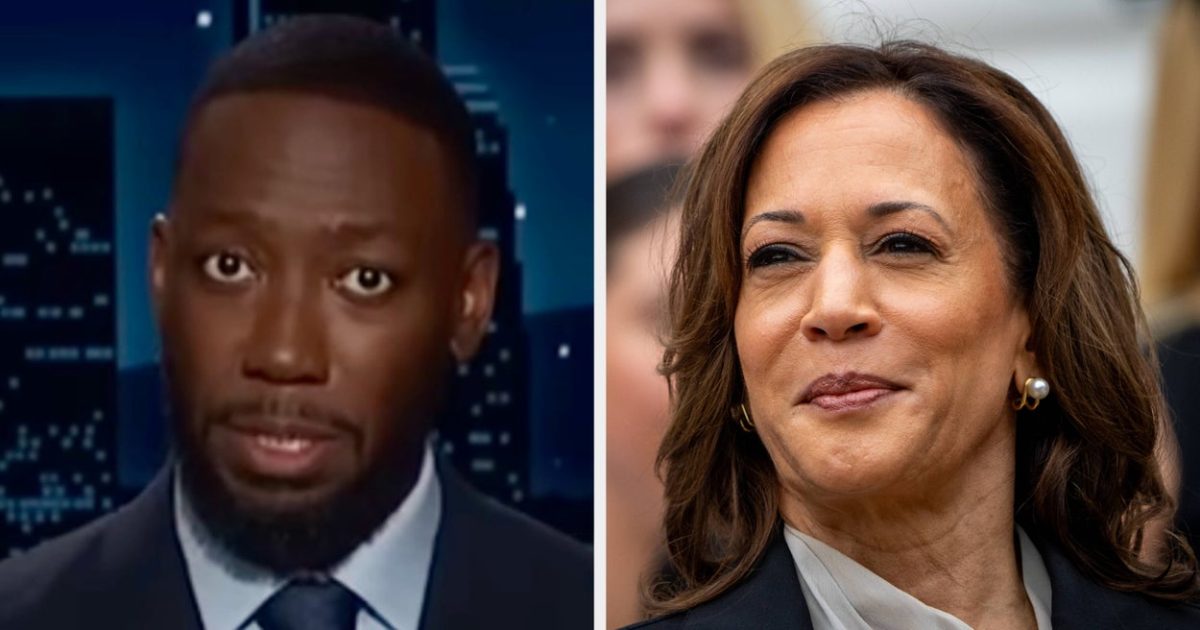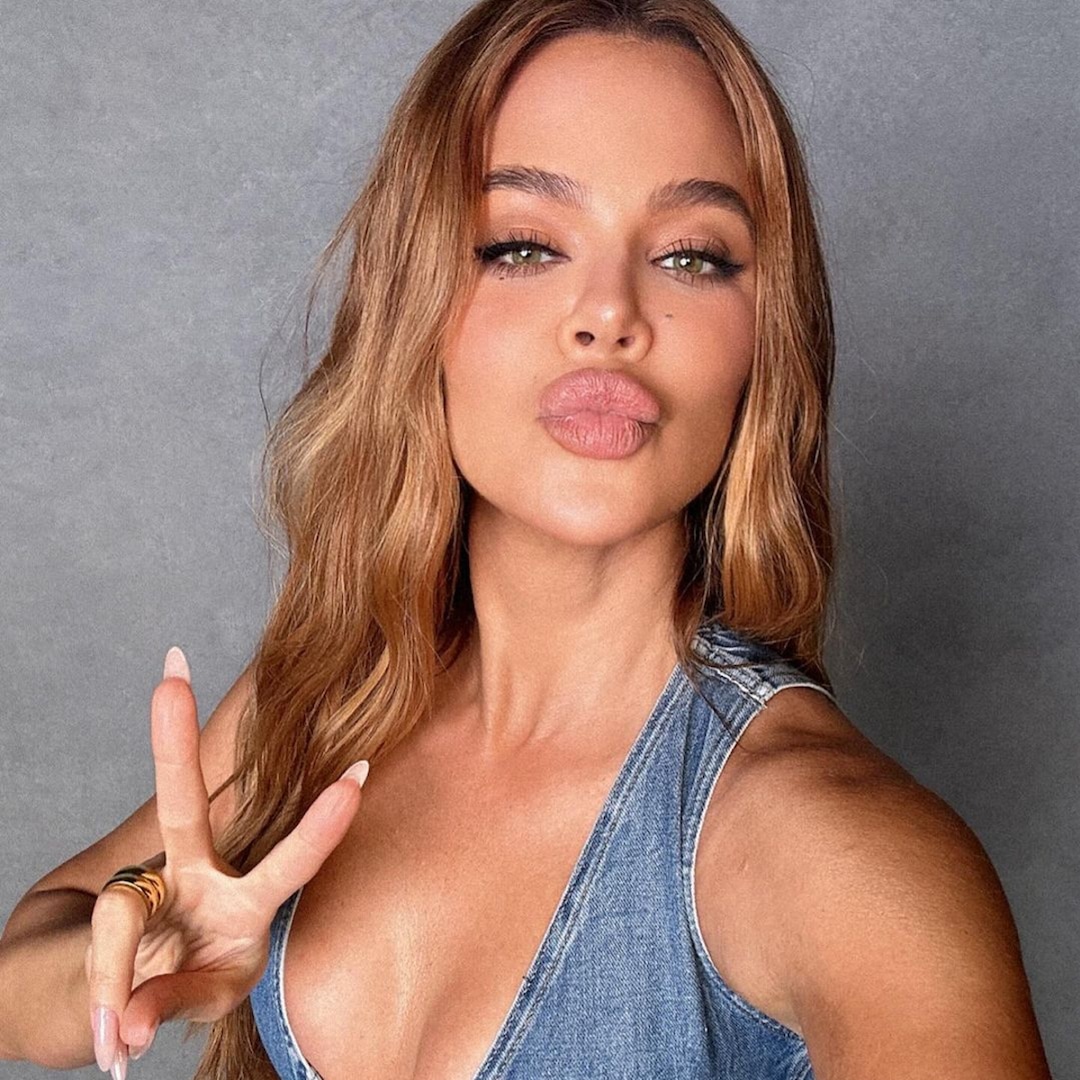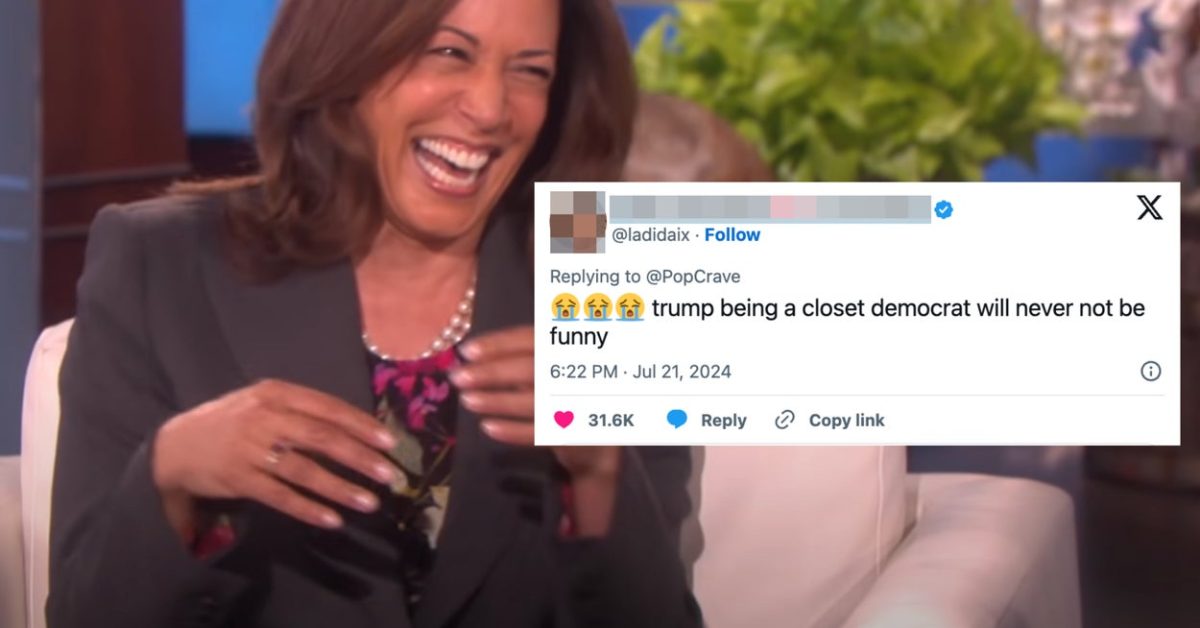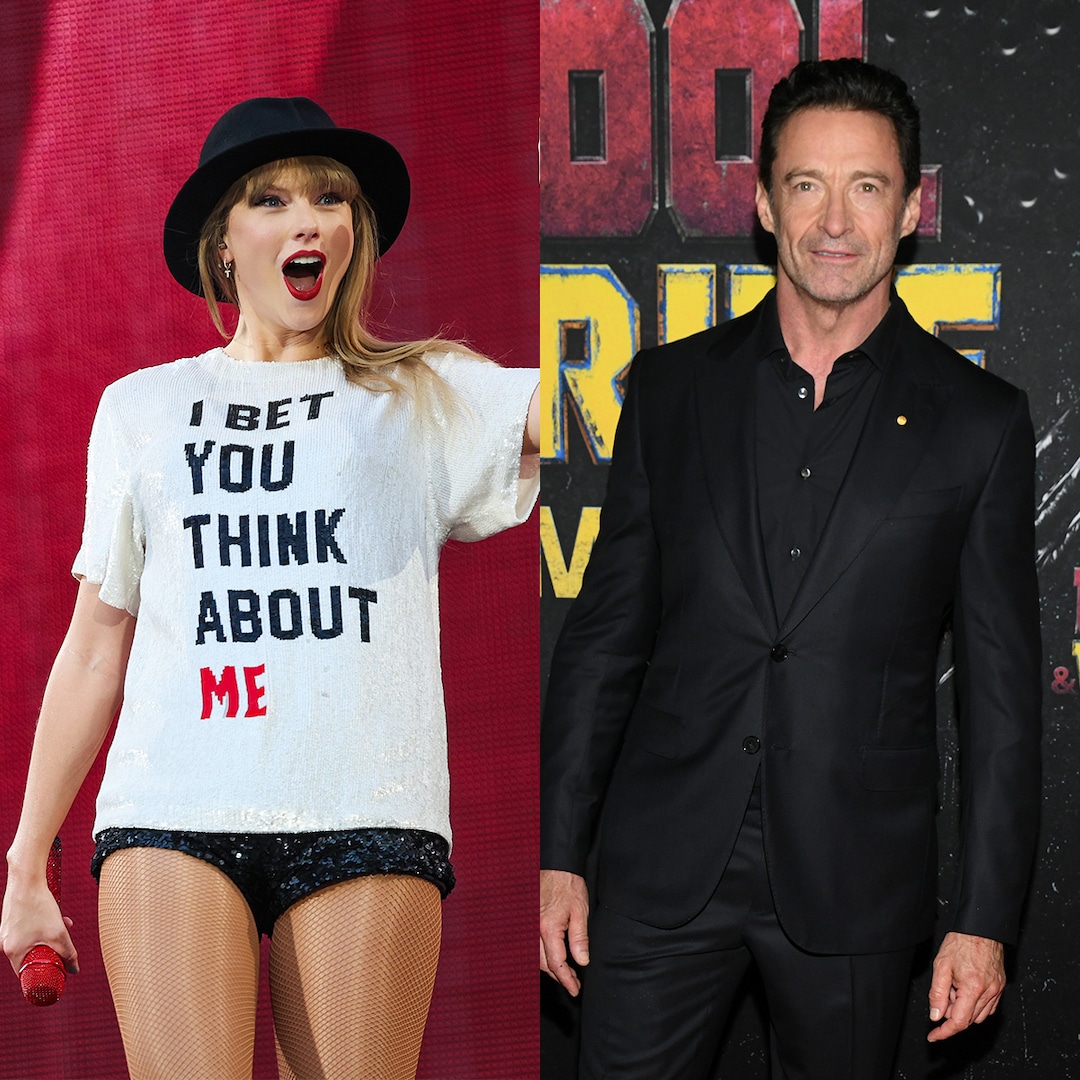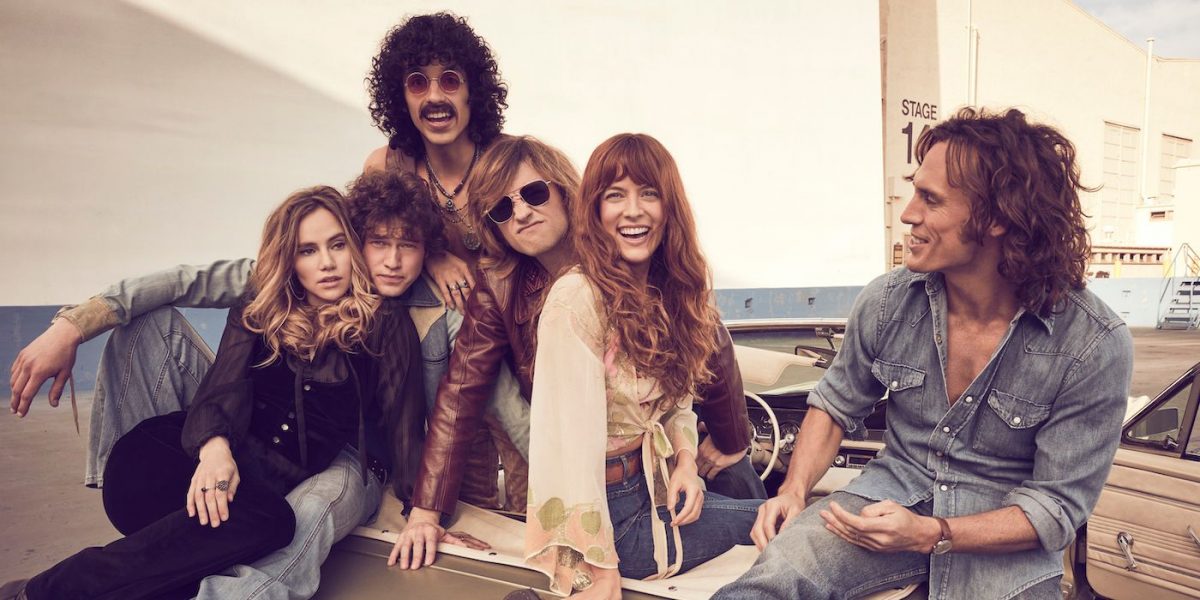
A Flat Adaptation of the Book
Mar 1, 2023
I read Daisy Jones & the Six way back when it first came out in 2019. My copy — signed by author Taylor Jenkins Reid, after I went to a reading of hers in London — is one of my prized possessions, and I largely consider it to be my favorite novel of all time. (Followed closely by her 2021 follow-up, Malibu Rising.) There’s no one who does it quite like Reid, no one who, in her words from that reading, captures “women that won’t be told what to do” the way she does.
So, naturally, I was a bit cautious going into Prime Video’s adaptation of that seminal novel. In a landscape of so many adaptations hitting television these days (hey there, The Last of Us), it’s easy to become jaded about the lack of original material, or protective of the work being adapted, whether it’s novels or video games or anything else. I happen to be both, particularly when it comes to Daisy Jones, the story of the fictional, eponymous 1970s rock band who soared to great heights before everything came crashing down around them. It’s a story I love dearly, and one I had concerns about, considering the unique nature of the novel — a series of interview transcripts, rather than straight prose.
Unfortunately, Reid’s novel seems to have set standards too high for an adaptation — much delayed, after its announcement in 2019 — to reach. Despite being led by powerhouses in Sam Claflin and Riley Keough as Billy Dunne and Daisy Jones, from the get-go, the series is slow and bogged down, which morphs into something that’s difficult to care about, even as The Six hits it big, going from playing basements in Pittsburgh to stadiums in Los Angeles, dragging Daisy along for the ride. Punches are pulled as though this isn’t meant to be a story about sex, drugs, and rock’n’roll, and I find my mind wandering when I should be captivated, even (and especially) when we get to the juiciest parts of the story, when Billy and Daisy are so at odds that it’s obvious they’re each other’s mirrors.
Image via Prime Video
RELATED: ‘Daisy Jones and the Six’ Become Rock ‘n’ Roll Legends in New Trailer
The show’s acting leaves a bit to be desired, particularly (and unfortunately) from the women, who feel like they’re merely perfunctory pieces of the story, phoning it in just enough to pass the test. It’s a stark shock against a powerhouse performance from Claflin, and the playfulness of Sebastian Chacon, who looks like he’s having a goddamn blast simply because his character hardly has an impact on the narrative. Timothy Olyphant, too, strikes an entertaining chord as the band’s enigmatic manager, echoing the zaniness and devil-may-care attitude he brought to the gone-too-soon Santa Clarita Diet. There’s even a surprise appearance from Gavin Drea — if you know my feelings on Wedding Season, you’ll understand why that excites me.
Keough’s Daisy is an excellent performer on stage — no surprises there, given she’s Elvis Presley’s granddaughter — and her icy camaraderie with Claflin’s Billy fills out some of the missing pieces of their relationship, but on her own, she drowns in the size of the shoes she’s trying to fill, one of the many complex, emotional women that Reid’s become known for. The script, in tandem, does her no favors by taking away so much of the edge present in Reid’s prose, most egregiously when Scott Neustadter and Michael H. Weber’s pilot script takes her most iconic line — “I am not the muse. I am the somebody. End of f**king story.” — and turns it from a statement of her own self-confidence into a desperate plea to a man, effectively missing what the point of the line was in the first place.
It’s a misstep that the show makes multiple times, lifting the wrong parts of the book verbatim, as though it’ll make up for misunderstanding the venomous bite Reid injected into Daisy and Billy and so many of her other characters. Worst, perhaps, is the fact that Camila Dunne, Billy’s loving wife and a no-holds-barred badass, is turned from the glue that holds the narrative together into a doting waif and the jealous, petty third in a love triangle, which itself is reduced to shock-value basics from its existence in the novel. Even worse is that it’s difficult to tell whether that’s the fault of the writing, which strips her of her character, or simply Camila Morrone’s subpar acting skills — which pale in comparison to every person she shares the screen with — leaving me to wonder whether the show’s emotional core might have been saved had they cast someone else.
Image via Prime Video
The songs are easily what carry the show from beginning to end, the only piece of Prime Video’s adaptation that improves on its source material. The Fleetwood Mac influence is obvious in the arrangements, and maybe bogs them down too much in The Six’s supposed inspiration, but they’re too catchy for me to care, especially considering they’re about the only thing driving the narrative and keeping me interested. The choice to release singles ahead of the full album was a smart one, and the fact that I have no intention of ever rewatching this show doesn’t mean that I don’t have “Honeycomb” on repeat as I write this review. The needle drops, too, punch up many a sequence that wouldn’t have worked without them. (I see you, “Gold Dust Woman.”) Daisy Jones is at its best when it’s leaning into the 1970s of it all, the glitz, glam, and questionably styled polyester, instead of trying to reinvent a wheel Reid already perfectly crafted on her own. The band is electric when it embraces all of that, and it’s in those moments — mostly in the back half of the show — that it nearly feels like they caught up to the clip that the novel moves at.
But just because Daisy is an adaptation of the novel doesn’t mean it’s telling the same story. In fact, the series is playing a twisted game of telephone with Reid’s original tale, and so warped is Prime’s version that it’s almost unrecognizable. Sure, it’s serviceable as a decent binge for people who get off on reading about how much Stevie Nicks and Lindsey Buckingham hated each other, but at no point does it even come close to the heights reached by the original novel, ones that went past the simple shock value of overdoses and infidelity and whatever else the writers of the show could scrounge up. Key events are altered, changed just enough that the chain reactions are now less nuclear and more Mentos in a Coke bottle: fun for a bit, but fizzling out fast, with no real, lasting impact.
Image via Prime Video
Things that were once bombshells in the novel are either erased or reduced to plot points that make no sense without the novel’s original context, and Daisy Jones loses its teeth as quickly as they come in. Much of what gets lost in the translation from page to screen is the idea that the truth is a gray area — that it lies “unclaimed, somewhere in the middle” of two people’s perception of a situation. The inner voice is a difficult (some would say impossible) thing to represent on screen, and Daisy Jones loses much of its push and pull when it directly represents a situation, rather than someone’s spoken memory of it. That gray area, that muddled messiness that makes it impossible to discern reality, is lost, and as a result, the narrative slows dramatically, spread out over 10 episodes that could easily have been eight or fewer.
It’s clear that, if nothing else, Daisy Jones was a valiant effort from all involved — or at least the cast, who seem like they had a blast, screaming catfights and all. There are glimpses of what could have been, dips into a pool filled with the slick rainbows of an oil spill, the peeling back of a lurid curtain into an alternate version of the 1970s. But it’s too little too late, and in the battle of the bands between The Six on the page and the one on screen, it’s more than obvious who wins. (And it’s a damn shame we never got to meet Mick Riva.)
Rating: C
Daisy Jones and the Six premieres on Prime Video on March 3 with its first three episodes.
Publisher: Source link
Lamorne Morris Thinks Kamala Harris Has This Advantage Over Donald Trump
Trump said that President Joe Biden, who dropped out of the race on Sunday while recovering from COVID-19, never really had the infection. “Really? Trump thinks Biden never had COVID?” Morris said on Monday. “You don’t pretend to have COVID to get out…
Jul 26, 2024
Khloe Kardashian Is Ranked No. 7 in the World for Aging Slowly
Khloe Kardashian's body is out for more than just revenge. In fact, the 40-year-old is one of the world's slowest agers—a revelation she learned after taking a blood test to determine her body's biological age compared to her calendar age.…
Jul 26, 2024
Reactions To Trump’s Kamala Harris Donation
Just as many white Americans used their Obama vote to excuse their internalized racism, Lauren Boebert seems to have adopted this same ideology, ignoring Trump's long record of racism against African Americans, Mexicans, Hispanics, Native Americans, Muslims, Jews, and immigrants, and discrimination against women and…
Jul 25, 2024
Hugh Jackman Reveals What an NFL Game With Taylor Swift Is Really Like
Hugh Jackman is happy to fill any blank space in Taylor Swift’s NFL game suite. In fact, the Deadpool & Wolverine star recently detailed his experience attending a Kansas City Chiefs game to root on Travis Kelce, alongside Ryan Reynolds,…
Jul 25, 2024








